What Does Adult Autism Look Like in Women? The Therapist Who Discovered She Was Autistic at 35
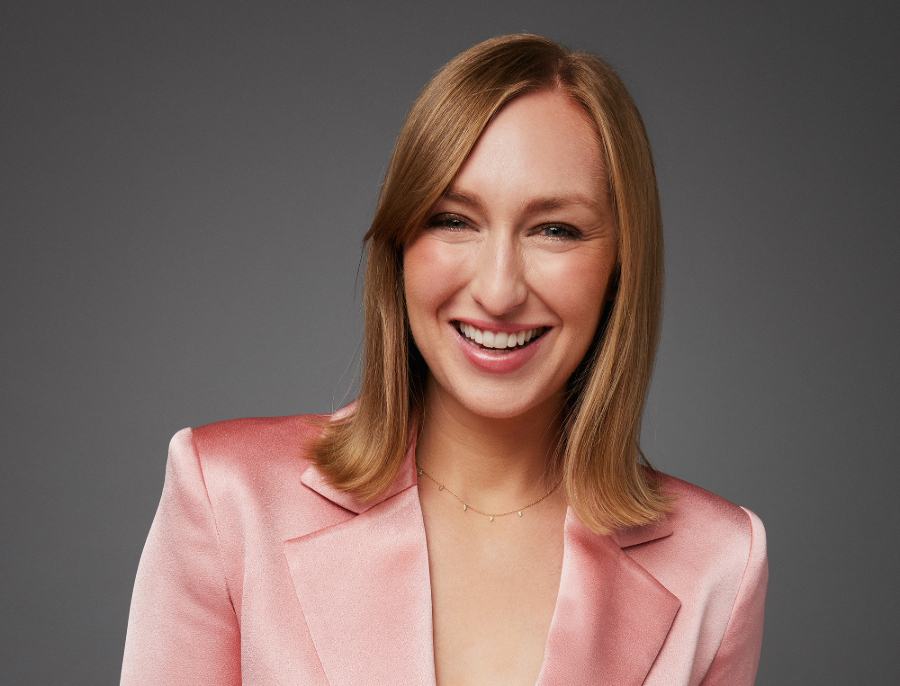
For a long time, autism was seen as something that only showed up in boys—and only in childhood. But for thousands of women, the story is different. Quietly, painfully different. They spend decades being labeled “sensitive,” “dramatic,” or “too much,” without realizing that the missing puzzle piece has been there all along.
That’s what happened to Deena Margolin, cofounder of Big Little Feelings, and cohost of After Bedtime (out on Dear Media today), and a licensed marriage and family therapist. And at 35, she got the diagnosis that finally made everything click: she’s autistic.
Who is Deena Margolin?
If you follow Big Little Feelings, you already know Deena as the calm, science-backed voice behind toddler tantrums and parenting meltdowns. What you may not know? She studied under renowned psychiatrist Dr. Dan Siegel and built her career on understanding the connection between brain growth and emotional development.
Deena is a licensed marriage and family therapist (LMFT) and has been featured on PBS and The Today Show, sharing parenting advice rooted in neuroscience and compassion. She’s also a mom of two, and until recently, she didn’t know she was navigating the world as an autistic woman.
How Deena realized she was autistic
The moment of realization didn’t come from a doctor’s office or a dramatic event—it started as a quiet hunch. “I remember asking my therapist, like, ‘Do you think I’m on the spectrum?’ And she was like, ‘I don’t know. Maybe?’” Deena shared on After Bedtime with Big Little Feelings. But the idea stuck with her.
So she did what so many people now do when they suspect something’s wrong: She Googled, and she did her own research. “I went on Google and I searched, you know, ‘autism in women,’ and a ton of stuff came up that really resonated with me,” she said. “I was like, holy shit.”
From there, Deena dove into self-assessment tools. “I took like five different online quizzes and I scored really high on all of them,” she admitted. “Then I bought this book, and I literally cried reading the first five pages. I felt so seen, I felt so understood. It’s called Divergent Mind.”
After years of wondering, masking, and feeling different, Deena finally got confirmation from a professional. “I saw a specialist who works with adult women,” she explained, “and she said, ‘Yeah, I see a lot of people like you.’”
The unique experience of adult autism in women
Adult autism, especially in women, is often invisible, and that invisibility can be exhausting. “Women are so good at masking,” Deena said. “We just push ourselves into boxes and we think, ‘If I can just try hard enough, I’ll be normal.’ But we’re not supposed to be normal. We’re neurodivergent.”
Deena talked about how this masking showed up in her own life: “I used to work in tech, and I would come home at the end of the day and collapse. Like, I was physically and emotionally exhausted from just trying to keep up with neurotypical norms.”
That kind of burnout is common among autistic women who go undiagnosed for years. “I thought I was just anxious. I thought I had ADHD. And I do have some ADHD traits, but the autism piece is the one that explains everything.”
And while the diagnosis brought clarity, it also brought grief. “There’s this feeling of, ‘What if I had known earlier? What would my life have looked like?’” Deena said. “But at the same time, I’m glad I know now. It’s given me permission to be myself.”
What Deena wants you to know about being an adult autist
Now that Deena knows she’s autistic, she’s not just processing it privately—she’s using her platform to open up the conversation. “There’s such a lack of representation of adult autism, especially in women. People still have this image in their heads of what autism is, and it’s just not accurate.”
Deena wants others who are questioning to trust their instincts. “If you feel like something’s different about you, explore that. You’re not broken. You’re not wrong. Your brain just works differently, and that’s okay.”
She’s also redefining what it means to be a parent and a professional as an autistic woman. “I’m still the same mom, the same therapist. If anything, I’m a better one now because I understand myself better. I know what I need, and I’m not ashamed to ask for it.”
Most importantly, Deena says diagnosis isn’t about putting yourself in a box—it’s about letting yourself out of one. “I’m not trying to be someone I’m not anymore. I’m finally just being me.”
If Deena’s story resonates with you, you’re not alone. Many women are discovering later in life that their sensitivity, intensity, and even their struggles have a name—and it’s not a flaw. It’s adult autism, and it’s more common than you think.



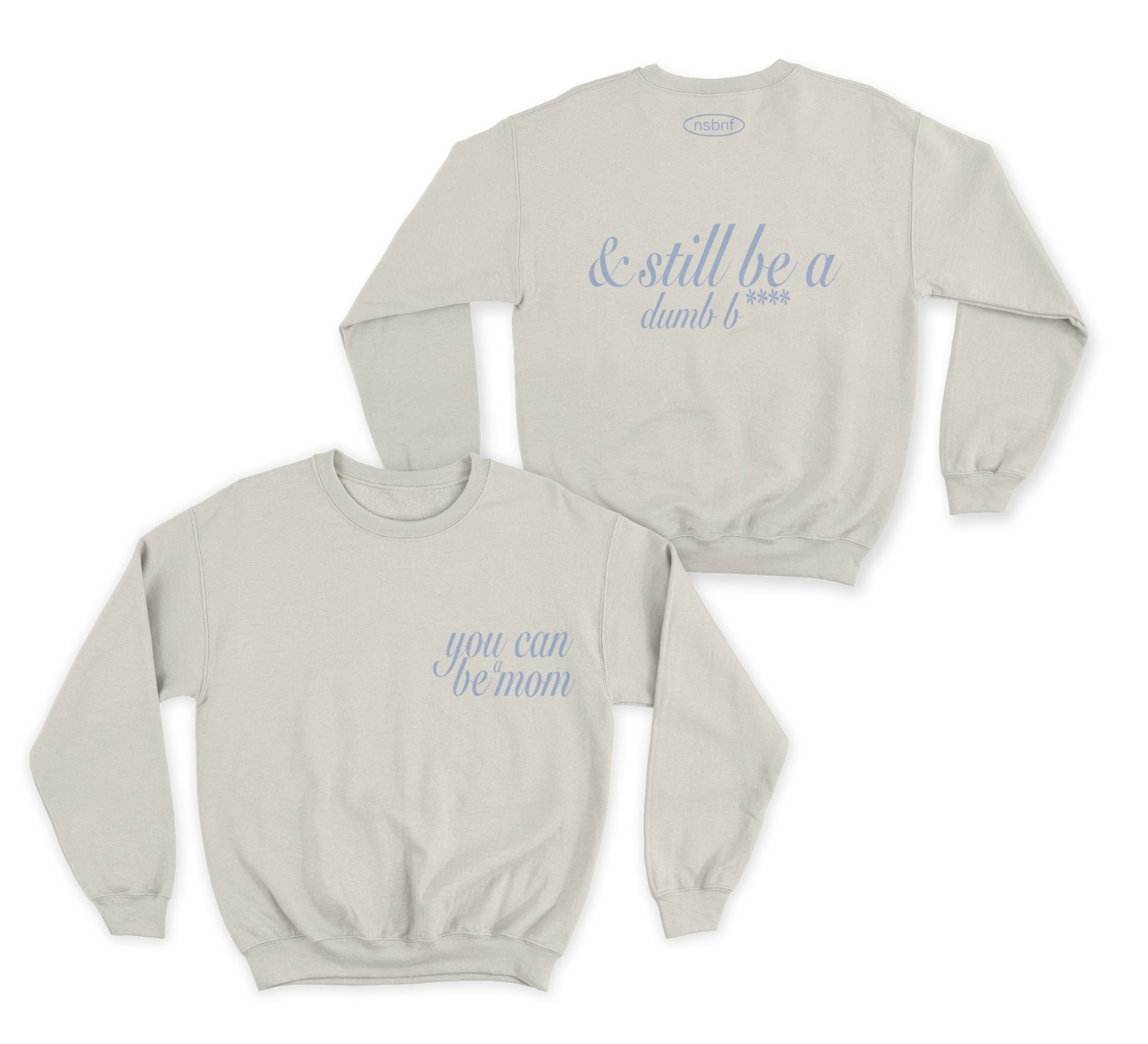
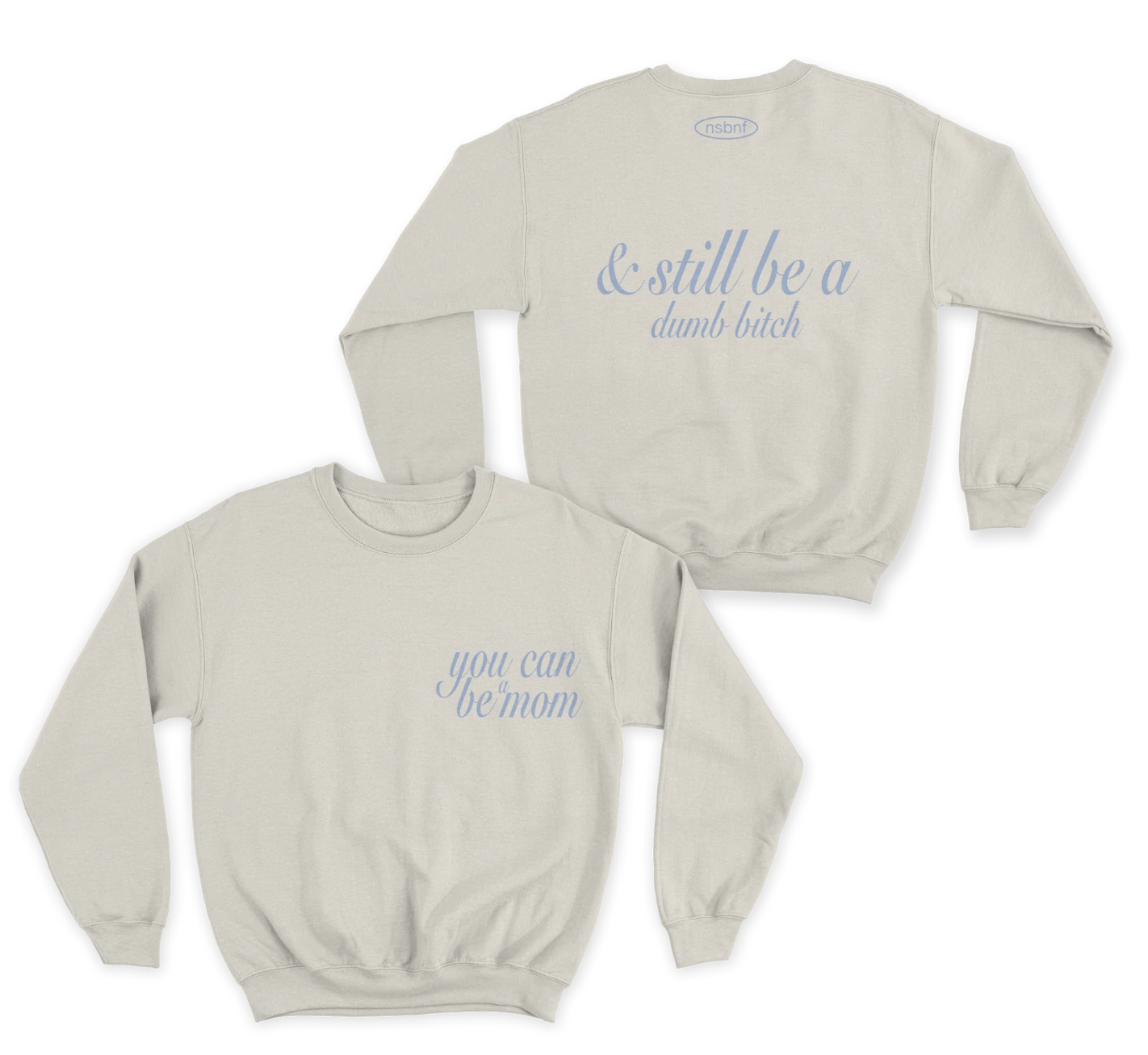












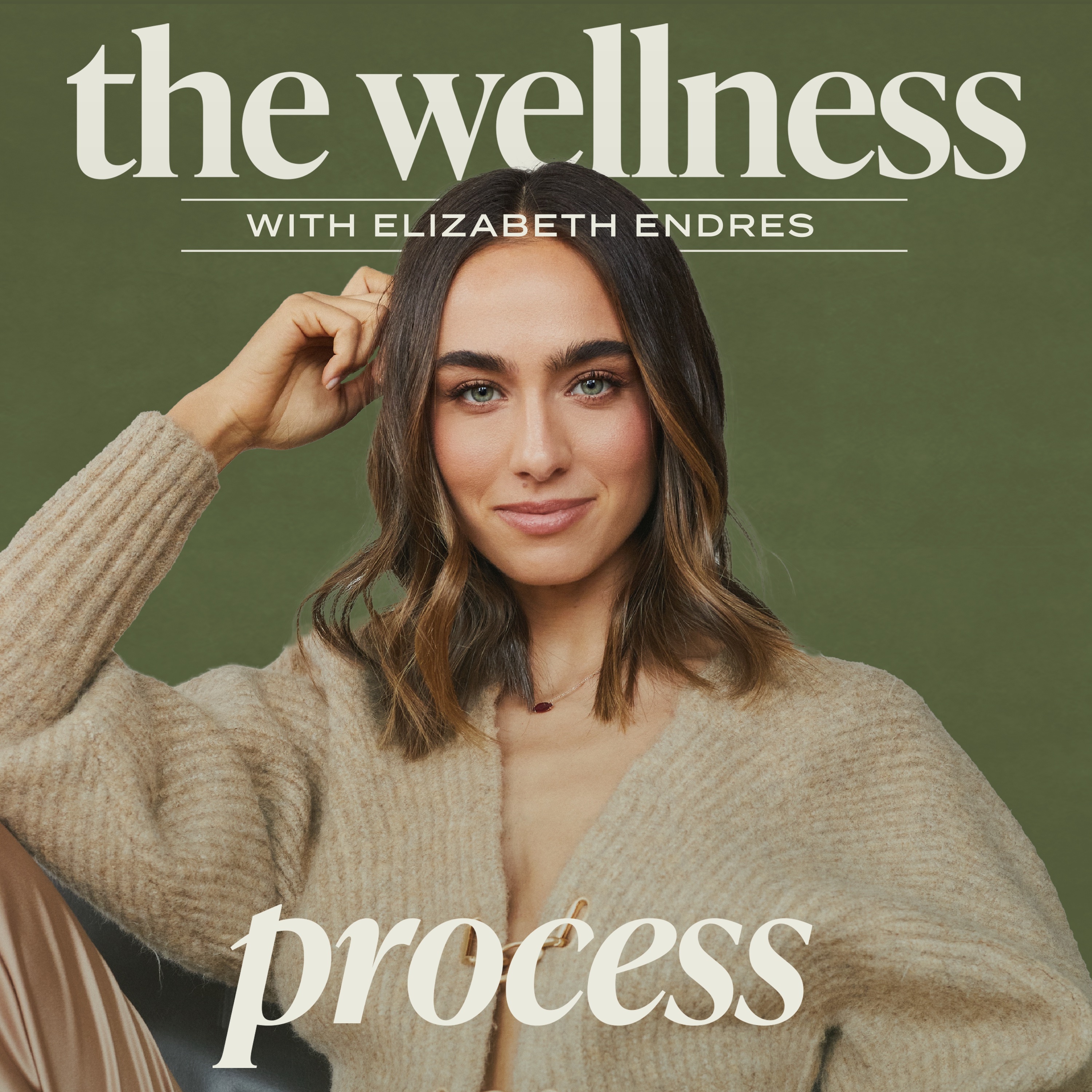
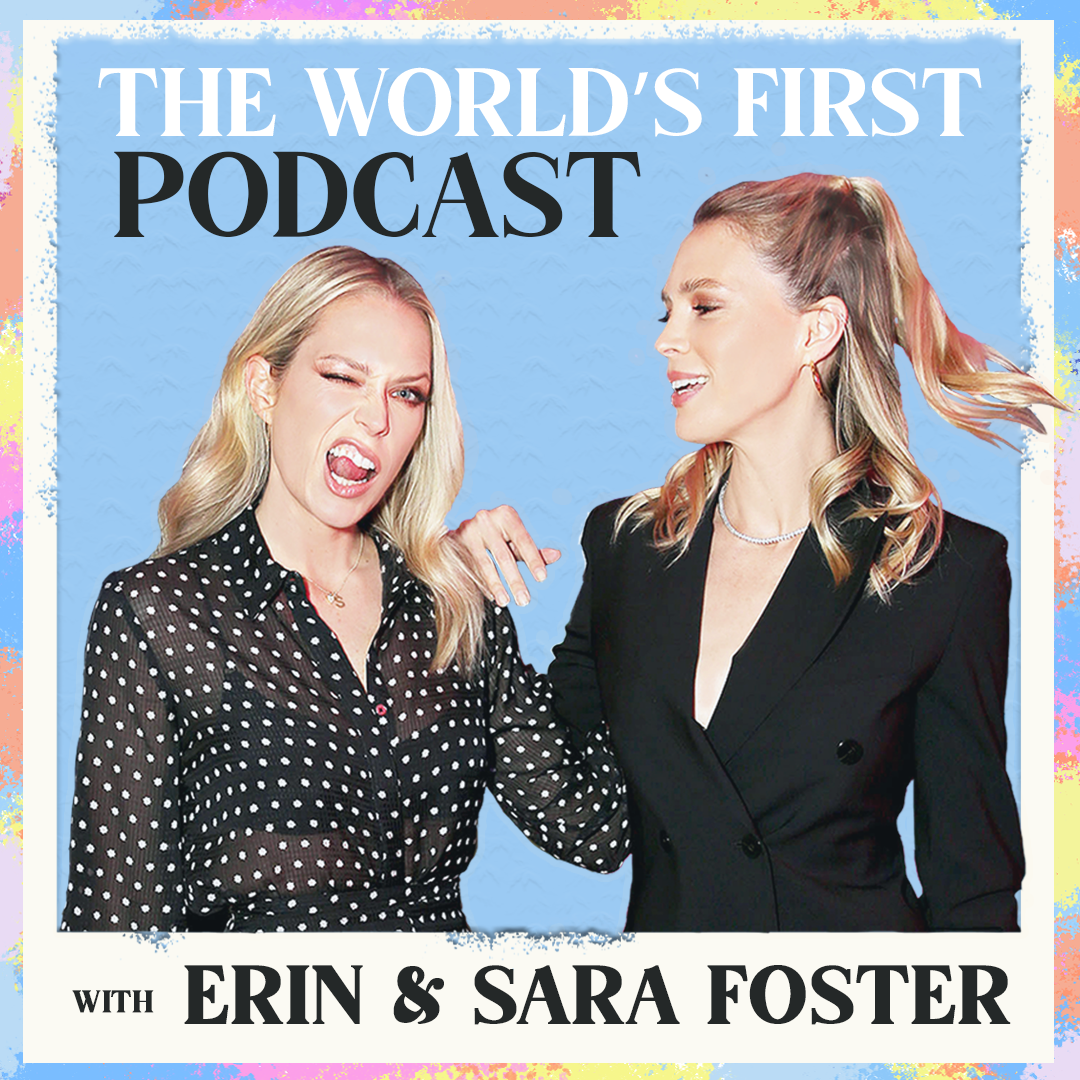

Leave a Reply